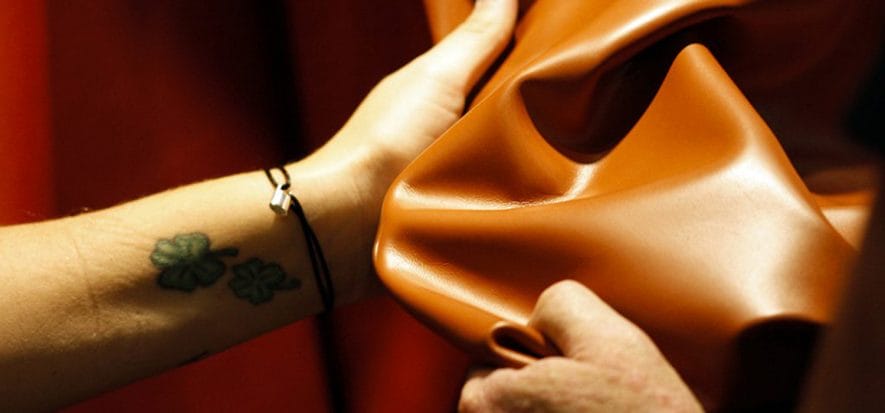Andreas Kindermann, President of Cotance, has gone straight to the point. Speaking his mind, he has warmly welcomed, “with all his heart”, the Legislative Decree, ratified by Italy’s government on May 28. In his opinion, it is quite an accomplishment, because it “puts an end to the usurpation of our terminology” by those who want “to disguise the real composition of other materials behind leather’s name and reputation”.
That is why the confederation, which represents the national associations of tanners of the European Community, now hopes that EU will use Italy as an example on guidelines to balance national rules about leather. As pointed out by general secretary Gustavo Gonzalez-Quijano, “citizens cannot rely on effective protection measures against counterfeit practice because of the fragmentation of the worldwide leading market for leather and leather products”.
EU should use Italy as an example
As we formerly said, it is Italy’s turn now. In the meantime, Portugal and Hungary are working on their own laws to safeguard hides and leather authenticity, while Austria, Belgium, France, Lithuania and Spain have already had them for a while. “Regretfully, EU does not guarantee the same protection for leather – continued Kindermann – in all of the member states, whereas they do it for textile industry and dairy products as well. We expect European Commission to acknowledge that the issue requires intervention on a community scale”.
To take action promptly
The issue is not just virtual, so to speak: according to Cotance, every year European tanneries lose 1.7 billion euros, which account for 20% of their overall turnover, because of misleading terminology. Meanwhile, EU Commission may now grab a valuable opportunity to put things right. Cotance asked Thierry Breton, European Commissioner for internal market and services, to introduce such initiative amongst measures to implement in order to support leather industry during the post-lockdown phase.
Read also:
- The leather decree: prohibitions, penalties, unanimous consensus worldwide
- Italy’s Council of Ministers approves the “Leather” decree
- Italy’s Council of Ministers approves the “Leather” decree
- Leather Decree: Gianni Russo (UNIC) “Proud of this achievement”











